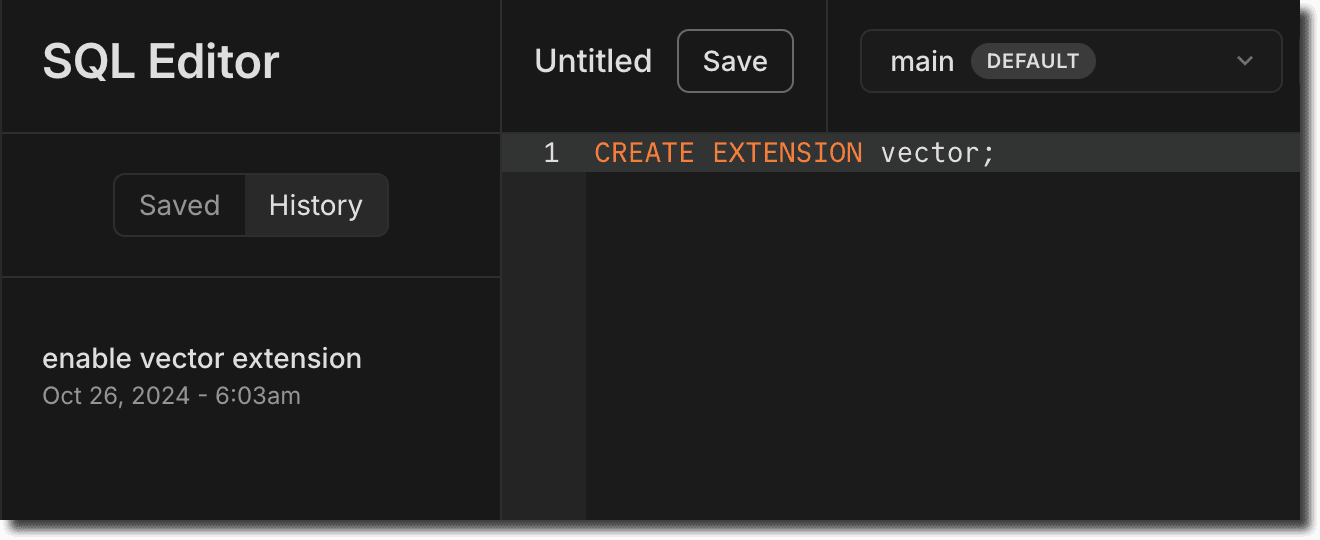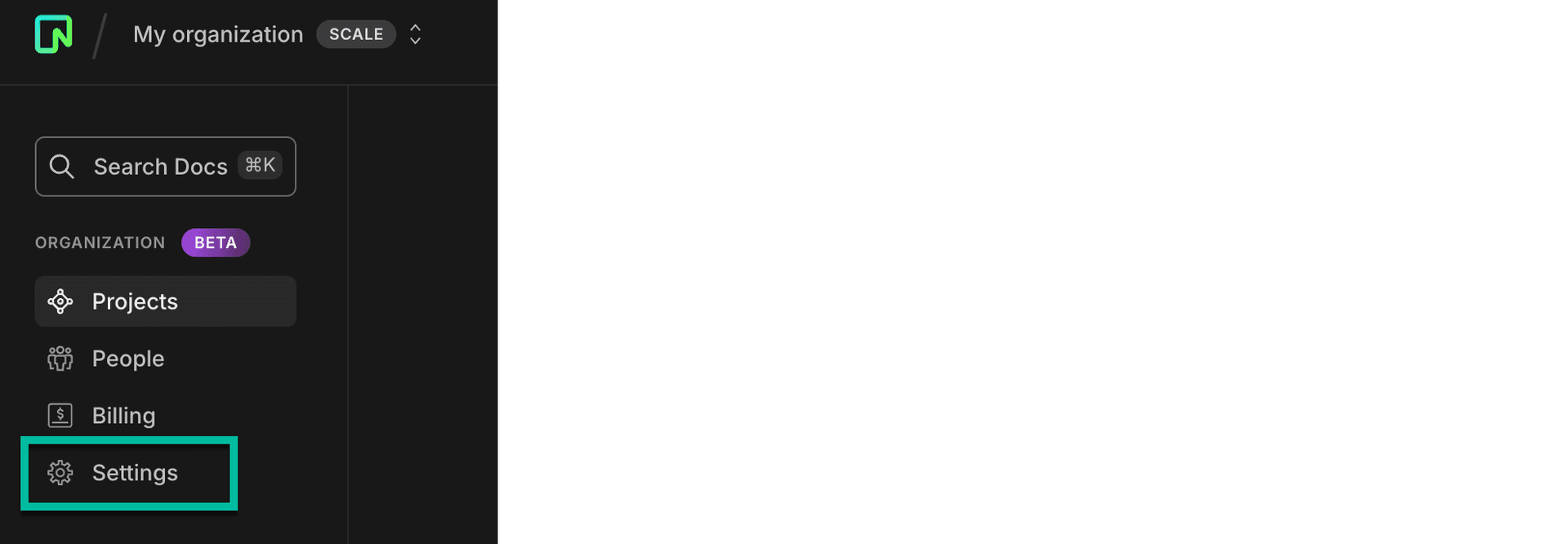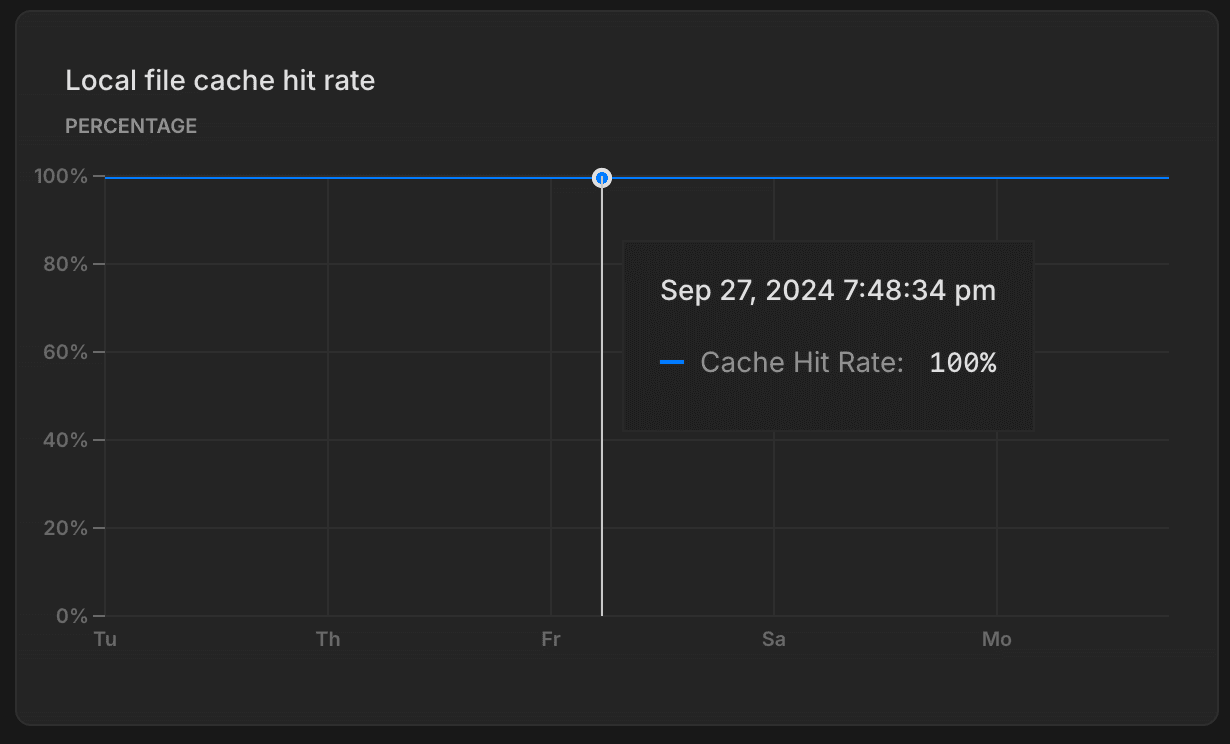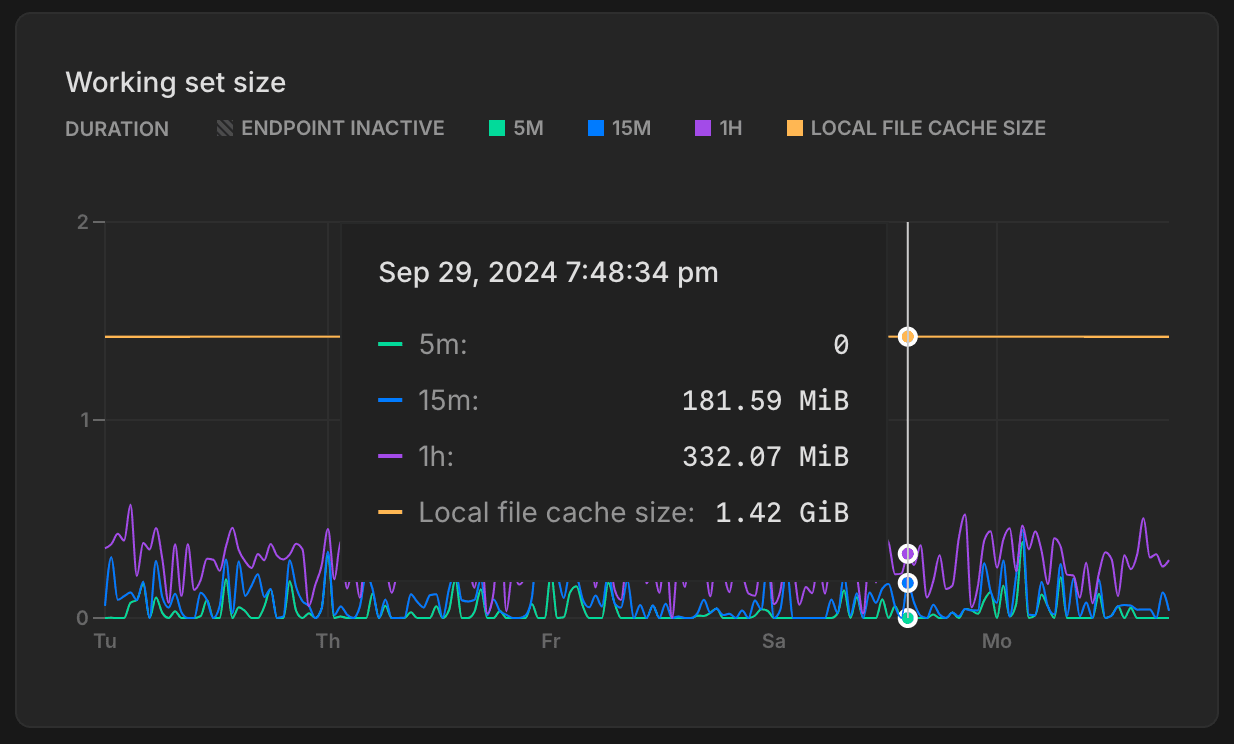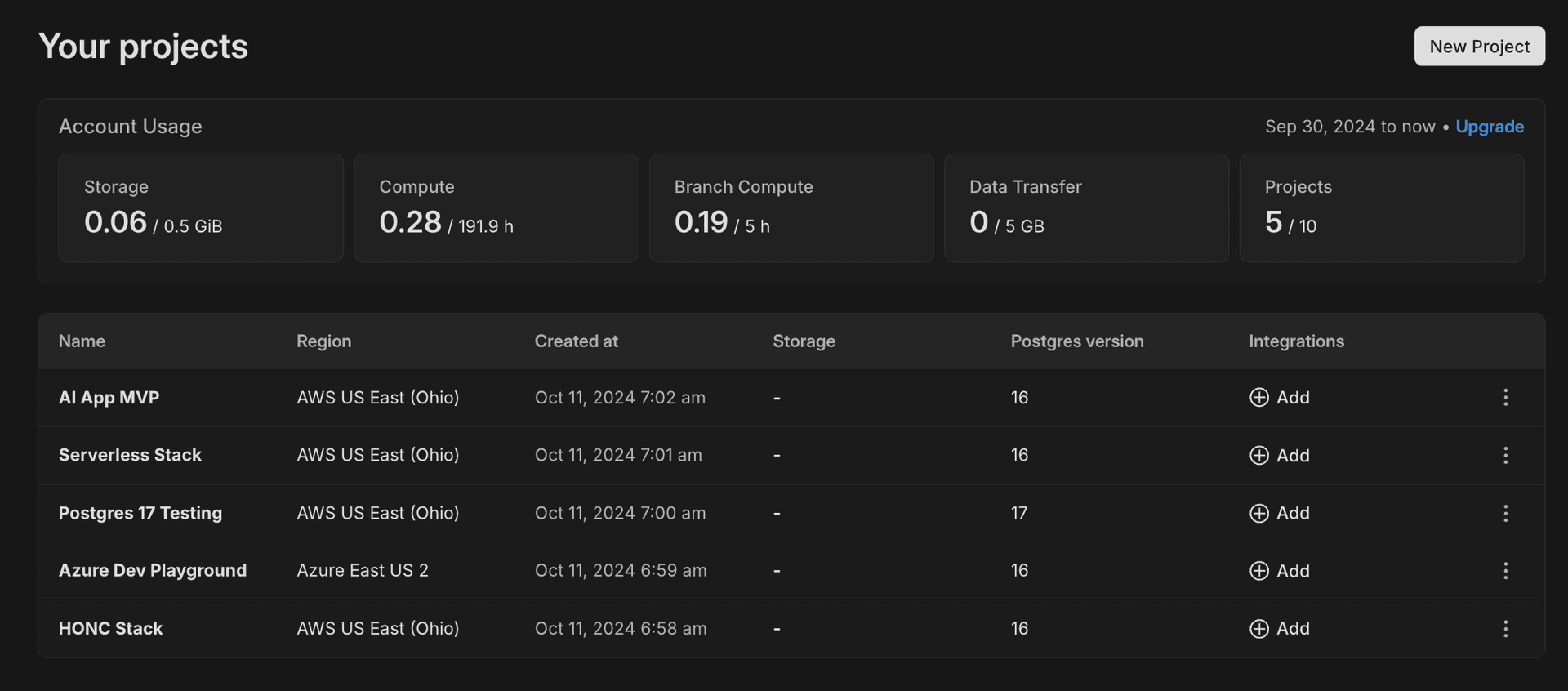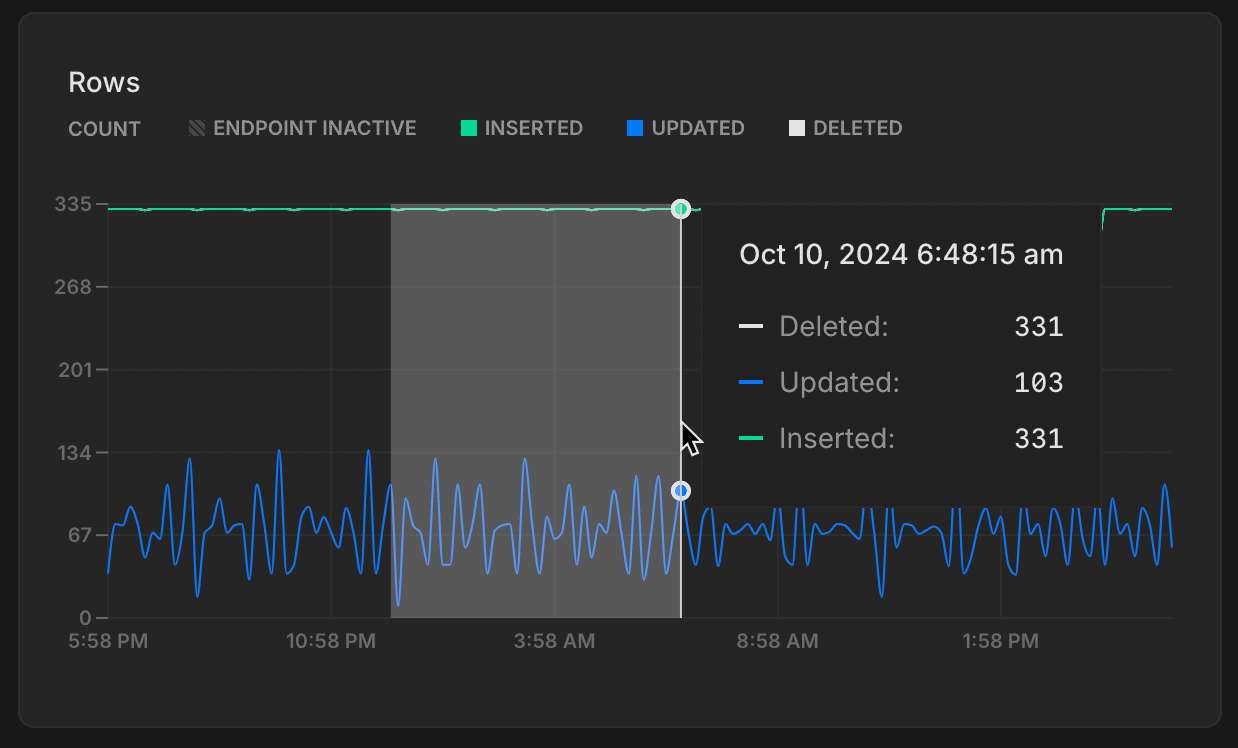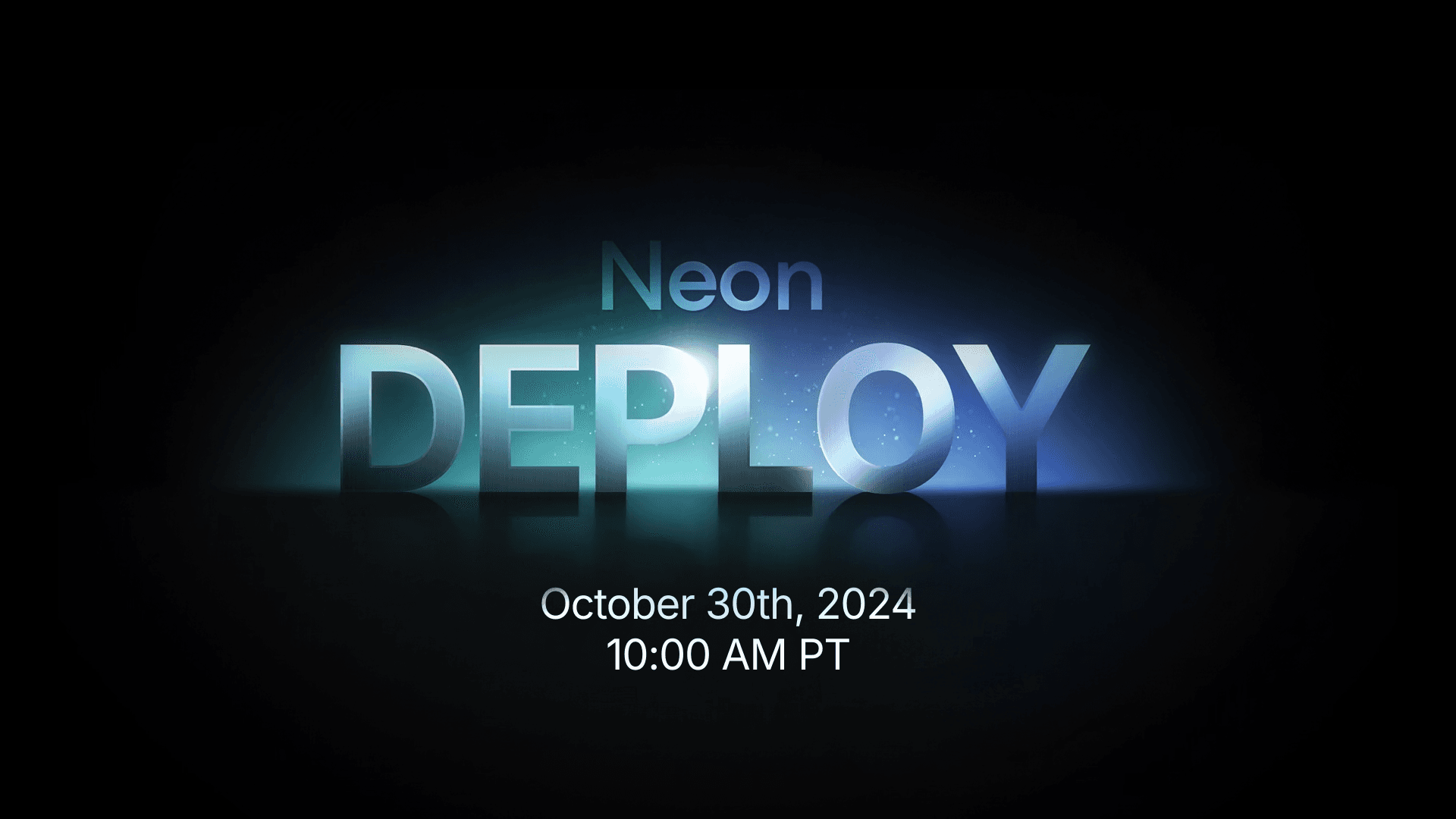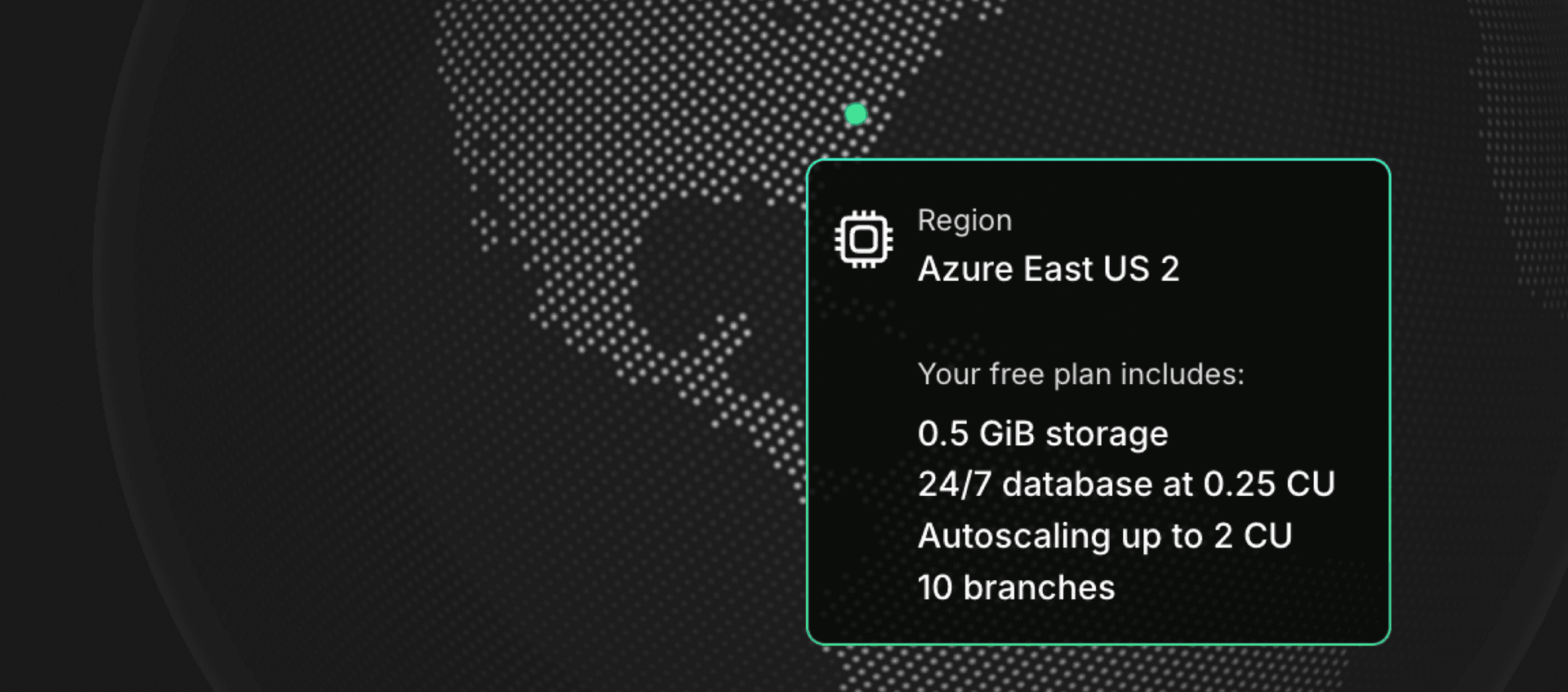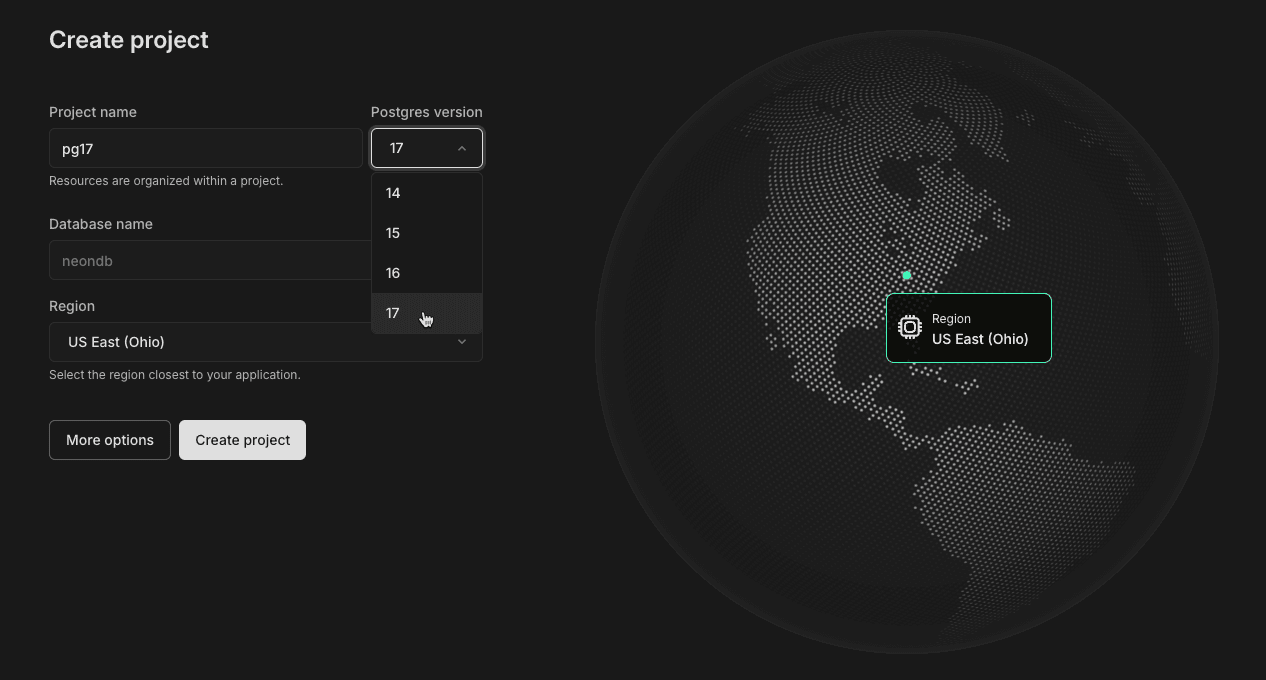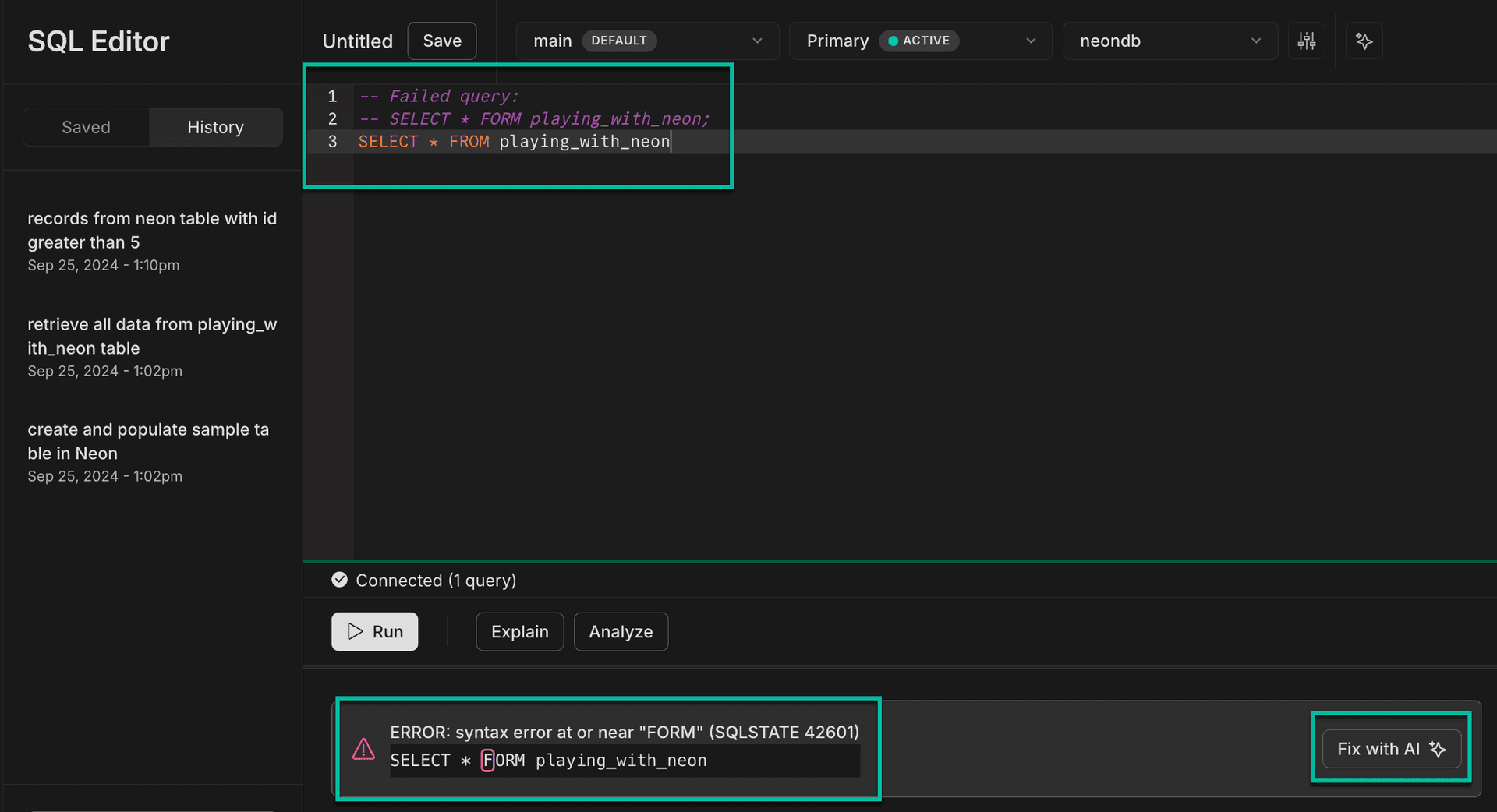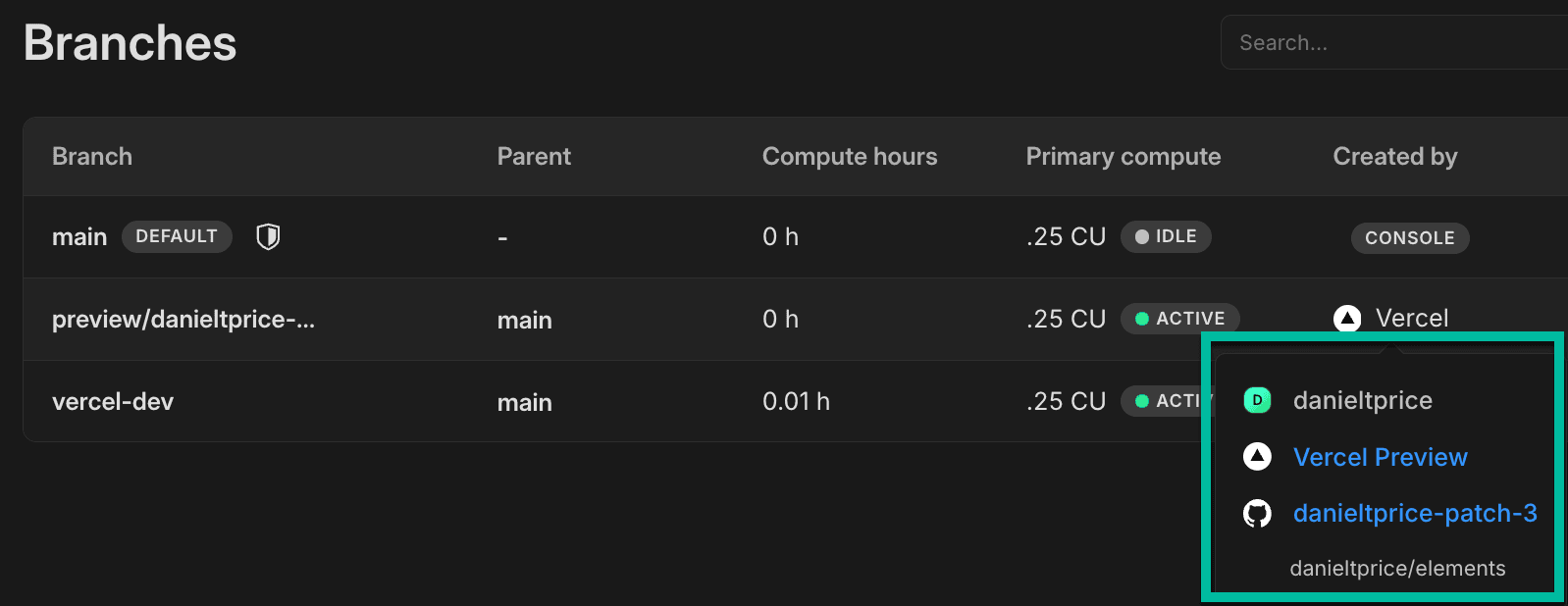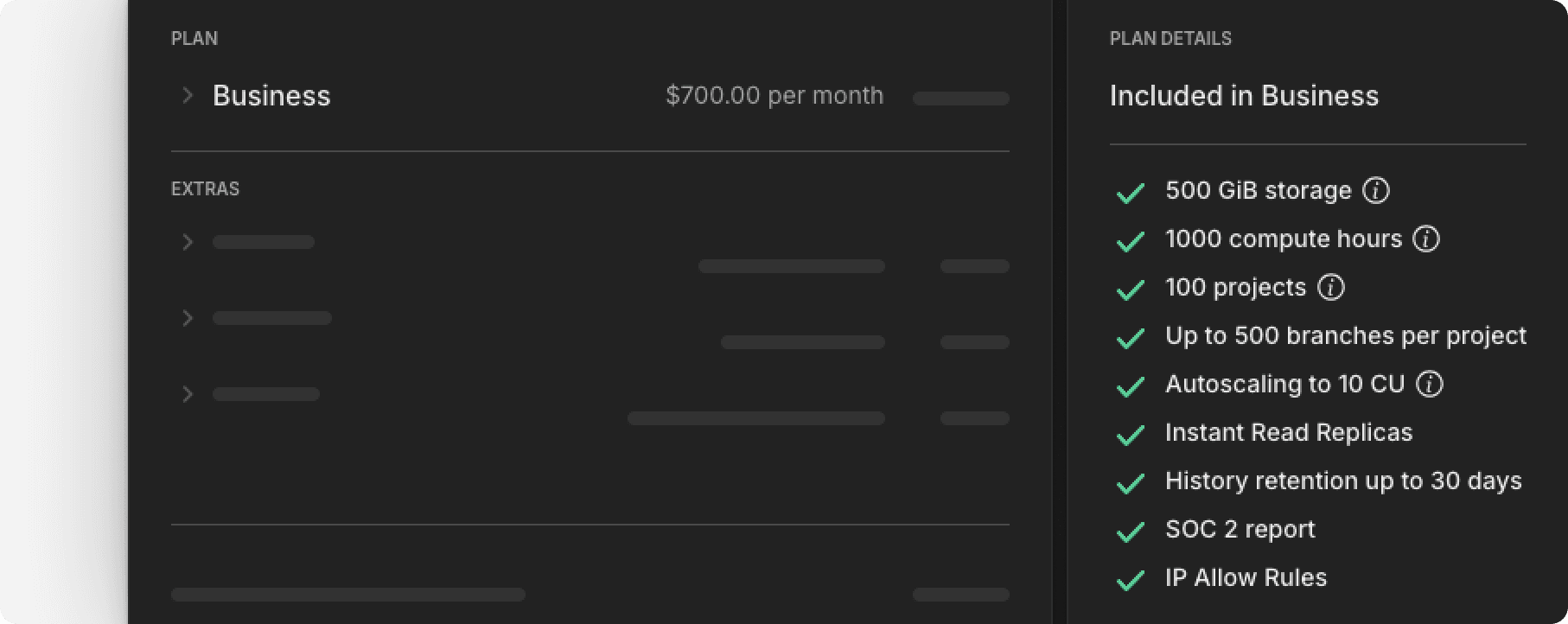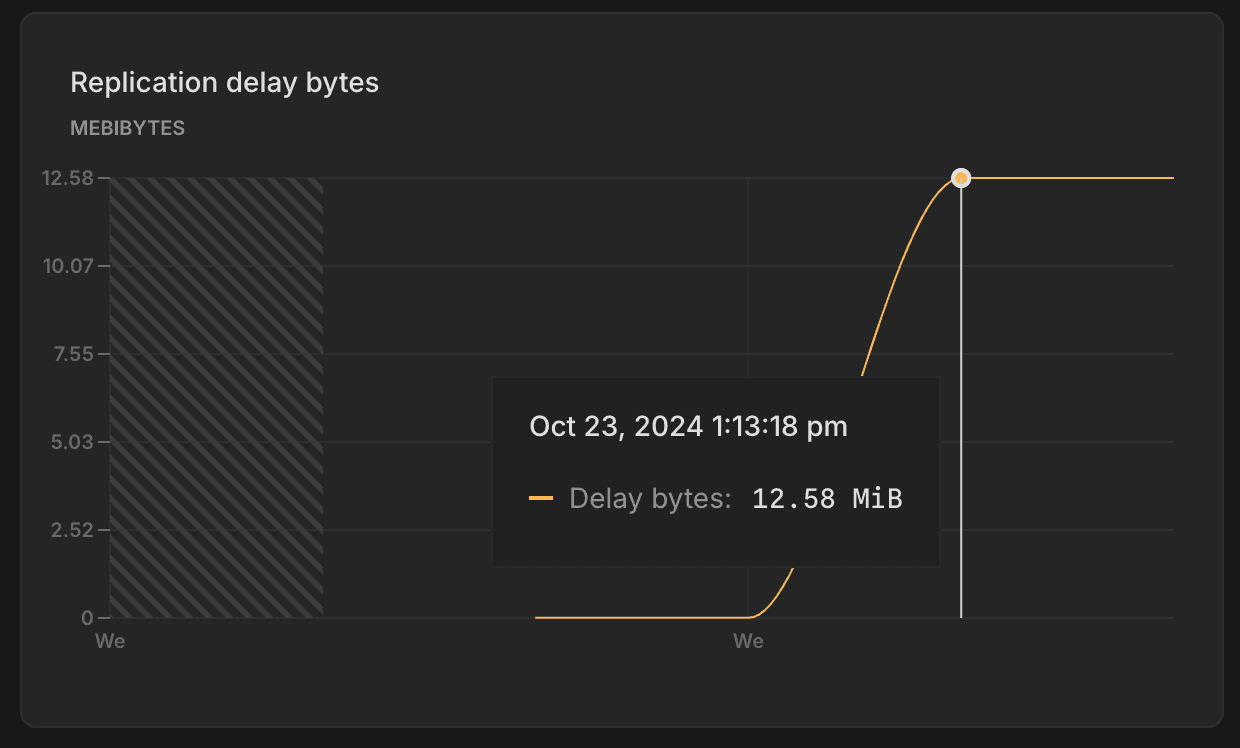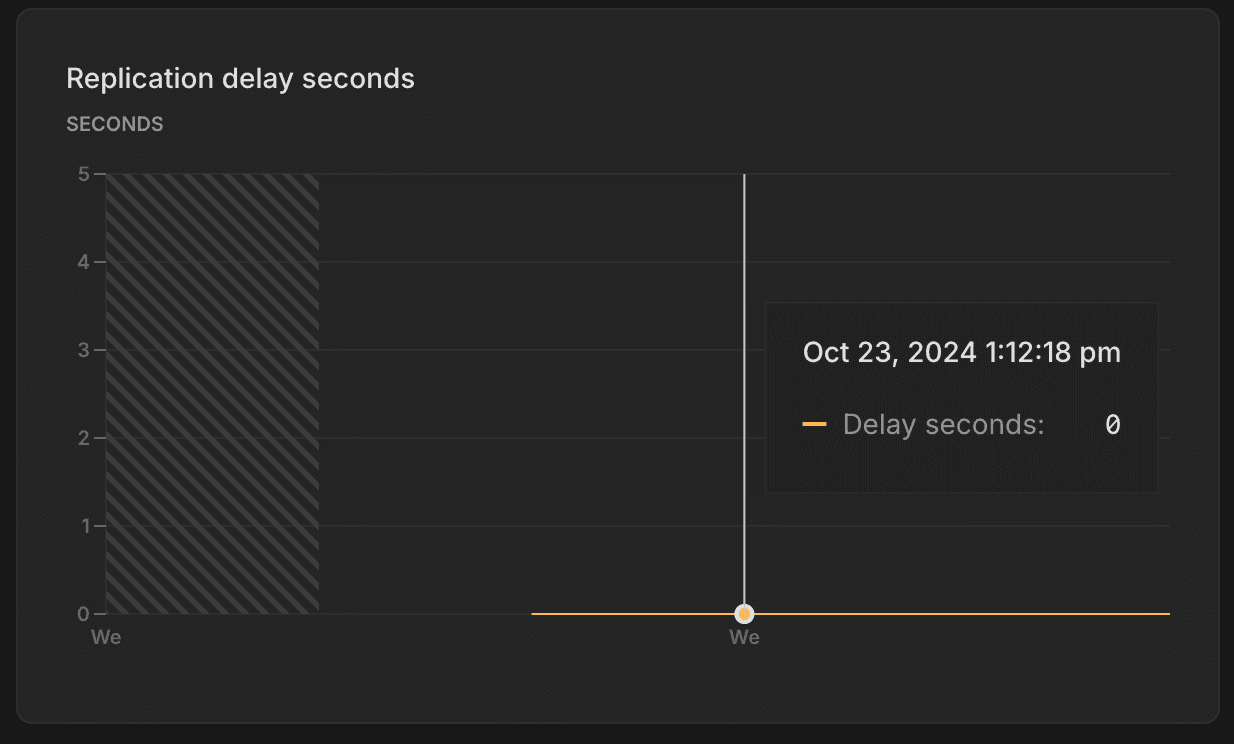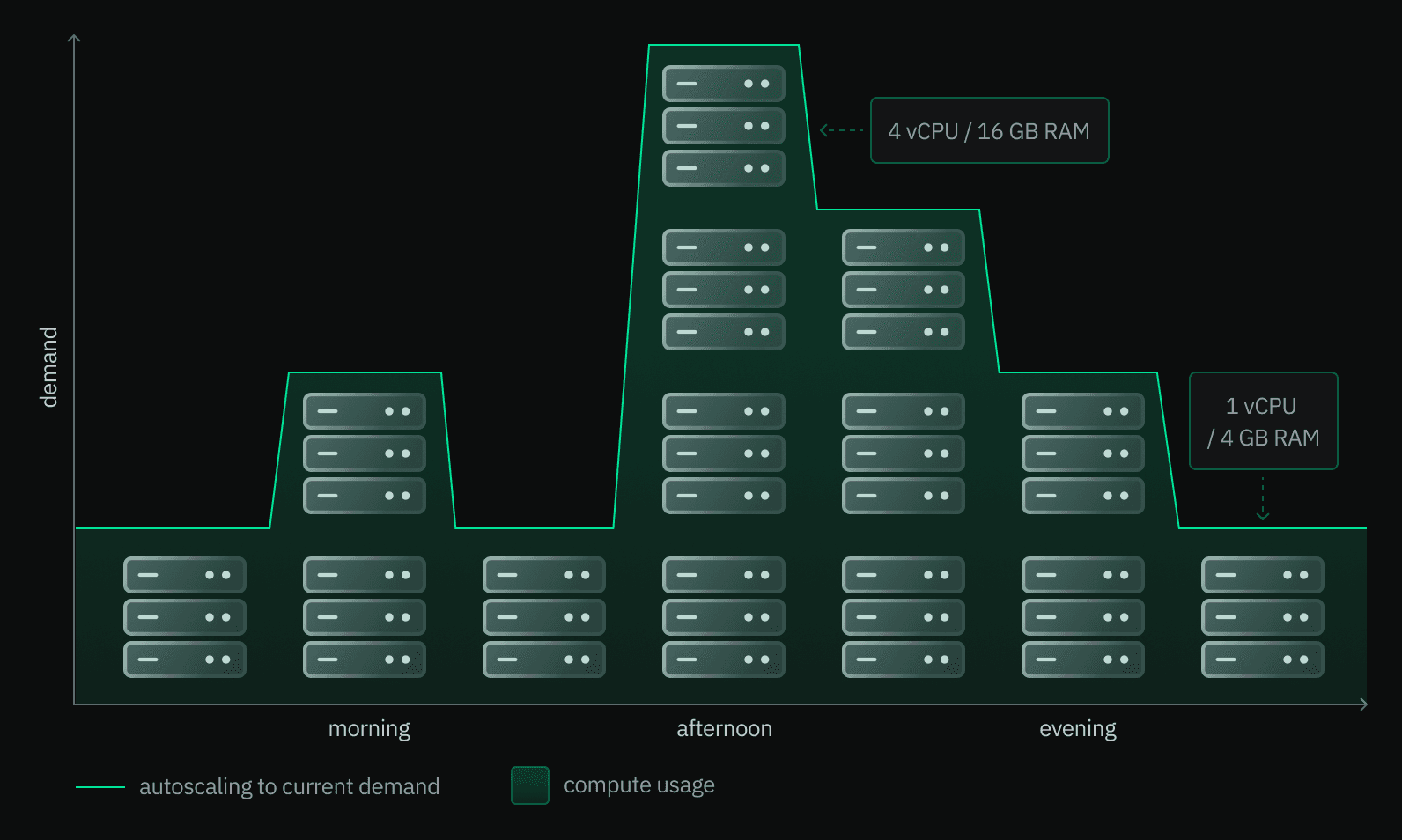Neon Authorize
Announced at Neon Deploy, Neon Authorize lets you move Postgres Row-Level Security (RLS) policies into your codebase. By integrating with JWT-based authentication providers like Clerk and Stack Auth, this new approach simplifies your code while tightening security. Read our announcement and learn more in the docs.
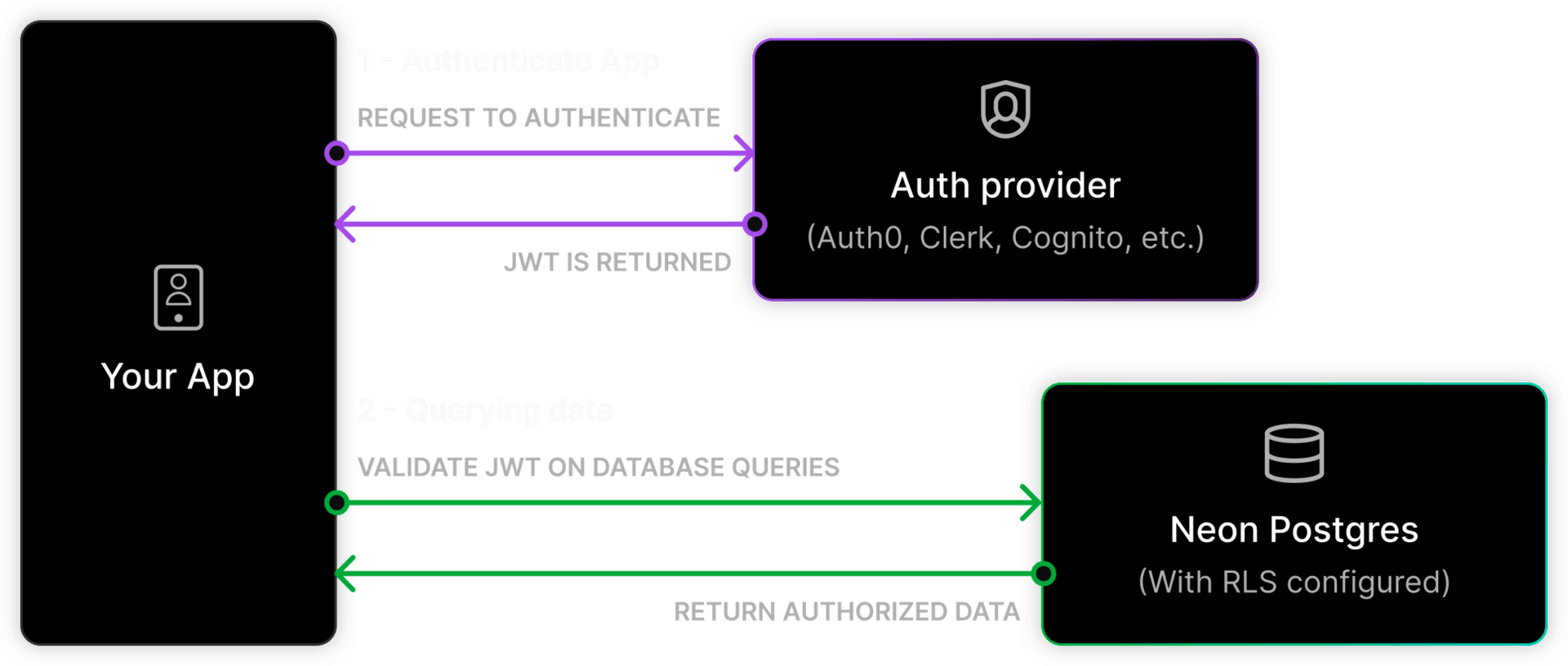
Build RAG pipelines with the pgrag extension
Also introduced at Neon Deploy, our new pgrag Postgres extension lets you create end-to-end Retrieval-Augmented Generation (RAG) pipelines in Postgres. There's no need for additional programming languages or libraries. With the functions provided by pgrag, you can build a complete RAG pipeline directly within your SQL client.
pg_mooncake Support
We're also announcing support for another new Postgres extension, pg_mooncake, brought to the community by mooncake.dev. pg_mooncake introduces native columnstore tables with DuckDB execution for fast analytics directly in Postgres. You don't need complex ETL; with pg_mooncake you keep your stack simple — Postgres and Python. Check out the blog post for a deeper dive.
And don't forget to check out this week's fixes and improvements:
Fixes & improvements
-
Neon Console enhancements
- Improved the design and usability of our API Keys page, available under Account Settings. This is in preparation for Organization API keys – coming soon!
- Cleaned up an issue where you could open both the Time Travel and Generate with AI popups in the SQL Editor at the same time.
- Fixed an issue where removed members were sent to the organization page they no longer belong to when logging back in, causing an error. They now go to their personal page, as expected.
- Added
HINTSto the AI response when you run a failed query in the SQL Editor. For example, if you try to run an experimental Postgres extension likepgrag, along with the Error description, the AI response also gives the HINT:to proceed with installation, run SET neon.allow_unstable_extensions='true'
-
Neon API changes
We've introduced a new Get active regions endpoint for retrieving a list of regions supported by Neon. The response body includes data such as the region ID, name, and the region's approximate geographical latitude and longitude.
curl --request GET \ --url https://console.neon.tech/api/v2/regions \ --header 'accept: application/json' \ --header 'authorization: Bearer $NEON_API_KEY'

